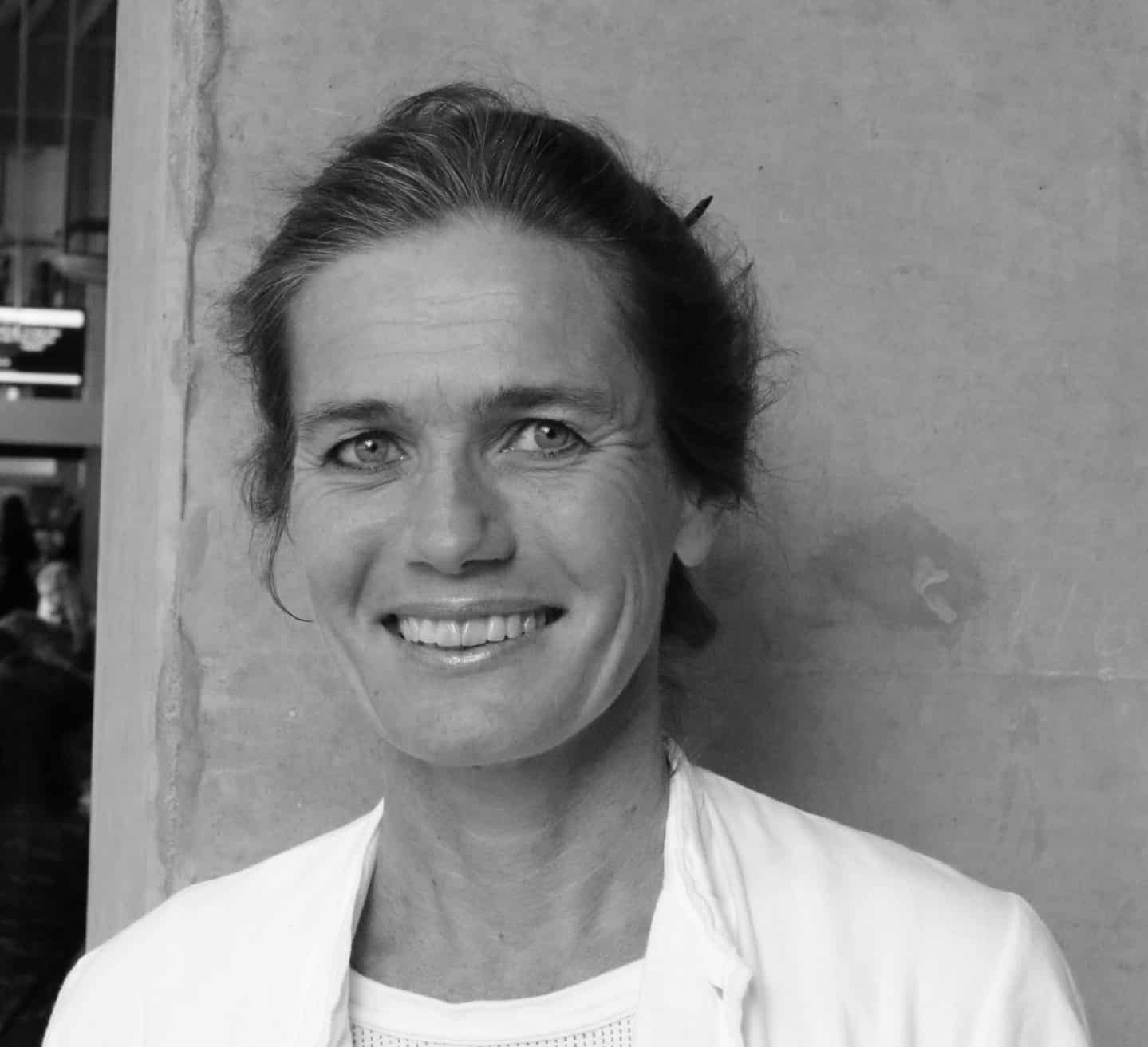Vibeke Rasch's research methods are truly a combination of disciplines. As a clinician, she is naturally involved in clinical research, but her time at the Department of International Health at the University of Copenhagen (UCPH) has also allowed her to conduct extensive epidemiological studies. She's also always enjoyed working closely with anthropologists and social scientists. Although she doesn't do social science research herself, she values the intersection of social, clinical and public health sciences and believes that this multidisciplinary approach enriches understanding and impact.
Professor Vibeke Rasch's decision to pursue a career in medicine was inspired by her desire to work in Africa and engage in meaningful fieldwork, a motivation that ultimately shaped her path in global health. She attributes her adventurous spirit as a key factor in building a successful career in global health and finds great value in the opportunity to compare different countries and health systems.
Vibeke Rasch's PhD research focused on early pregnancy outcomes among Danish women, examining risk factors for spontaneous abortion, induced abortion and ectopic pregnancy. Seeking international experience, she moved to Tanzania in collaboration with the Karolinska Institute, where she studied complications of unsafe abortion. She later secured funding for post-doctoral research on post-abortion care in Tanzania.
Back in Denmark, she became an associate professor at UCPH, where her interest in sexual and reproductive health extended to Vietnam. After completing her clinical training in gynaecology and obstetrics, she joined SDU and OUH as a senior consultant and clinical professor, leading several global health projects in low and middle-income countries.
With support from DANIDA, she manages several projects in Tanzania and Vietnam, focusing on sexual and reproductive health. More recently she has also become involved in Somaliland with a research project focusing on improving antenatal and delivery care.
She has also made significant contributions to the study of intimate partner violence (IPV) in Tanzania and Vietnam, developing mobile-based interventions to support affected women. This research has since expanded to an EU-wide project, in collaboration with the University of Granada, on intra-family violence.
Although now in a senior advisory role, Professor Rasch remains deeply committed to advancing global health research and interventions. A key focus of her work is building research capacity and training in reproductive health in Tanzania and Somaliland. She is also committed to improving the sexual and reproductive health of migrant women.
Professor Vibeke Rasch's work is closely aligned with the UN Sustainable Development Goals, particularly SDG 3, which focuses on reducing maternal and child mortality and ensuring universal access to reproductive health services. Her efforts also contribute to promoting equity (SDG 5) and fostering global partnerships (SDG 17) to improve health outcomes globally.
In terms of opportunities at SDU, Vibeke Rasch believes that a good way to start a research career is to get in touch with faculty and researchers involved in ongoing projects to gain hands-on experience and potentially contribute to impactful research. Completing internships - whether paid or unpaid - can provide a pathway to hands-on involvement in these projects, allowing students to enhance their academic journey, but also help them develop the commitment and skills necessary for global research, particularly if opportunities abroad are involved.
